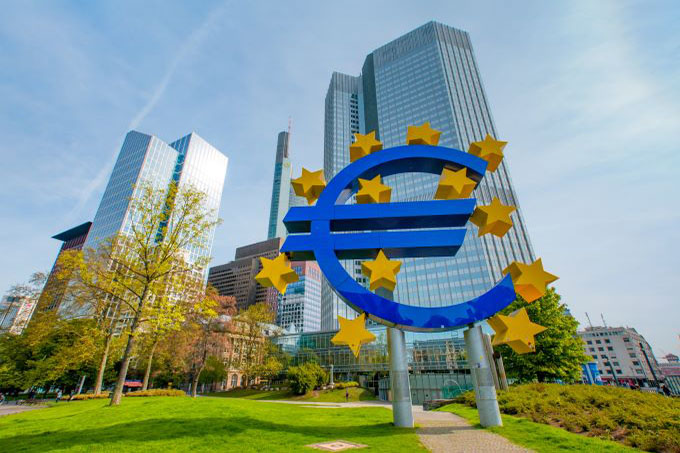The following are the most recent pieces of Forex fundamental analysis from around the world. The Forex fundamental analysis below covers the various currencies on the market and the most recent events, announcements, and global developments that affect the Forex market.
Most Recent
South Korea is Asia’s fourth largest economy after China, Japan and India. Before the global financial storm of 2007, the South Korean currency, the Won, was trading at roughly 1200 KRW to the Euro.
Figures just released show that the trade surplus that China enjoys with the rest of the world has fallen from $20 billion in August to a mere $16.9 billion last month; a five month low.
With further gloom provided by worse than expected US job figures which revealed that a further 95000 jobs were lost in September, it is no surprise that the Dollar is hitting new 15 year lows against the Yen.
Top Forex Brokers
All of the world’s major stock exchanges closed higher last week. In Europe over the course of the week, the FTSE put on 1.16%, closing at 5657.6; the Dax made 1.3%, ending the week at 6291.7; the CAC gained 1.9% to end the session at 3763.2.
The Bank of England’s Monetary Policy Committee has voted to keep the UK interest rate at 0.5% for the 19th consecutive month.
The Irish financial system was devastated by the global financial crisis and needed a public bailout to ensure that it did not experience a cataclysmic failure which would have had dire consequences for Ireland and would likely have plunged the rest of the Eurozone into crisis.
The Central Bank of Australia has decided to leave interest rates on hold for a fifth straight month. The rate has been maintained at 4.5% - a King’s ransom in comparison with the rates on offer in the rest of the world’s developed economies.
The Bank of Japan has announced that it will cut its interest rate from 0.1% to “near zero” in a move intended to bolster the flagging Japanese economy. The rate had been held at 0.1% since the end of 2008.
Friday marked the first day of Q4 2010. All of the world’s major stock exchanges all closed lower last week, but all managed good growth over Q3
Bonuses & Promotions
Every quarter, the Bank of Japan commissions a survey of business confidence, the Tankan survey.
Yesterday, the US House of Representatives passed a bill that aims to impose sanctions on countries that the US concludes are holding down the value of their currencies like, er, well China.
The European Commission is drawing up plans to bolt the stable door and ensure that “a Greece” can never happen again.
Subscribe
Sign up to get the latest market updates and free signals directly to your inbox.Back in February, Japan’s exports showed a staggering 45.3% growth over where they had been a year earlier. The current figures for August show a pretty impressive 15.8% growth on how things stood a year before. But we come back to relativity.
With the exception of Japan, the world’s major stock exchanges all closed higher. On the currency markets last week The Euro had the best of the trading.
The value of the Japanese Yen took a sharp fall against the US Dollar, weakening by almost 0.8 Yen in the initial market response. Speculation is rife that the sharp fall was triggered by the Bank of Japan intervening in the market to buy Dollars and sell Yen.




